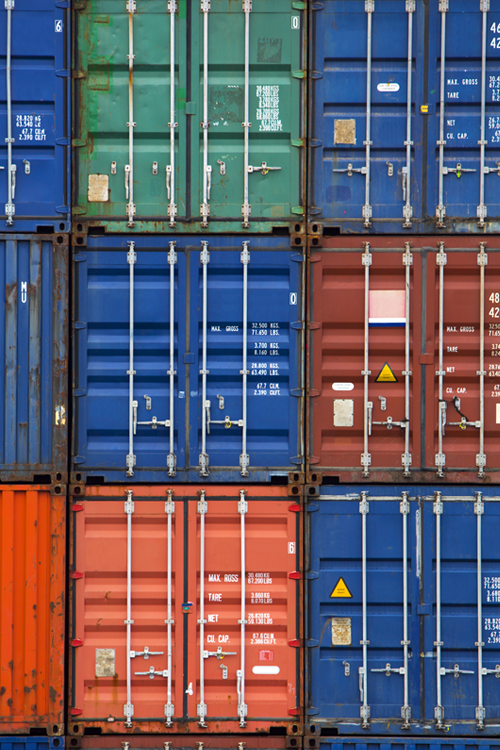Last week CargoX launched its CargoX Smart B/L™ blockchain product to the international transportation industry, marking the first practical commercial application of the technology in the industry.
Blockchain is the name for a group of technologies which permit the tracking and addition of document elements (“blocks”) in a larger list of records (“chain”) mediated by cryptography that requires, among other things, for each subsequent block to contain a cryptographic image of the previous block and to conform to other standards, confirming its legitimacy. Added blocks are verified cryptographically by a distributed network of computers, rather than a centralized authority; the ledger of blockchain activity is contained on multiple computers, generally in a peer-to-peer system, making the activity transparent among users and making cyber attacks on a centralized repository of data impossible.
Blockchain became famous as a result of BitCoin and other crypto-currencies. In that system, “miners” of bitcoins operate the distributed computer system that holds the blockchain ledger; they perform the cryptographic tasks required for increasingly complicated verification systems, and are rewarded by the creation of a new element – a bitcoin.
CargoX promises the technology will replace transfer of paper documents in a transparent and secure environment. Records of ownership (for example) will be contained on the distributed ledger, transparent to all users, and not alterable without the agreement of the preceding blocks in the chain including the owner of the BL who will have a unique product key. It will accommodate a variety of transport documents, including Switch Bills of Lading.
CargoX is first to market but not the only competitor on the block. Just two weeks ago a consortium of nine major ocean carriers and terminal operators announced their agreement to develop a blockchain platform called the Global Shipping Business Network (GSBN). The participants include ocean carriers CMA CGM, COSCO SHIPPING Lines, Evergreen Marine, OOCL, and Yang Ming; terminal operators DP World, Hutchison Ports, PSA International Pte Ltd, and Shanghai International Port; and software solutions provider CargoSmart. GSBN intends to launch its pilot project, for dangerous goods documentation, next month.
Maersk and IBM, meanwhile, have teamed up on a blockchain technology called “TradeLens”, which they intend to bring to market by the end of 2019; the Port of Rotterdam is working on a pilot with industry partners to track payment and release information; and Kuehne + Nagel is similarly testing out a blockchain based system for document exchange along with Accenture, AB InBev, and others.





